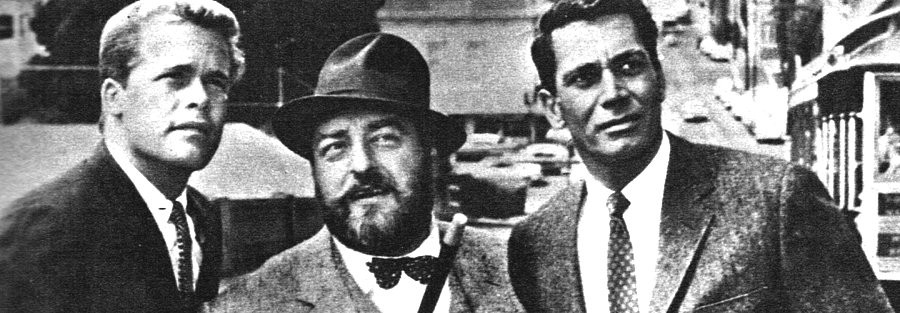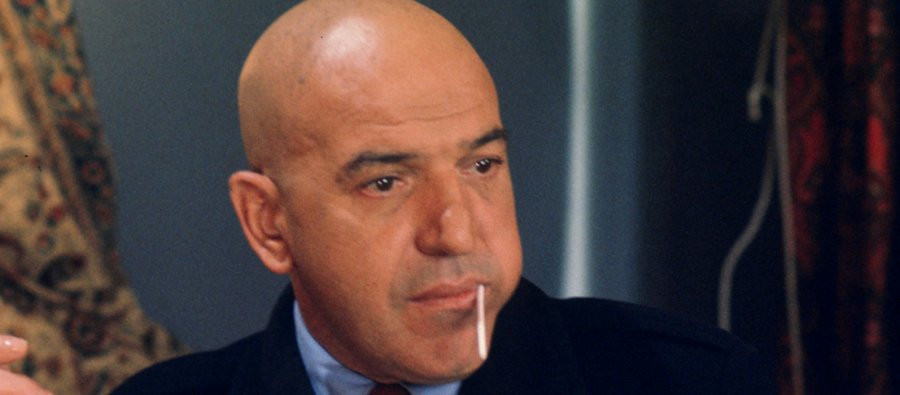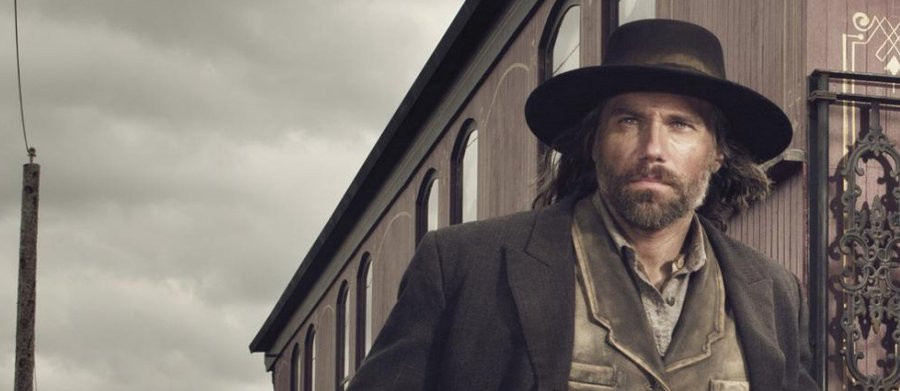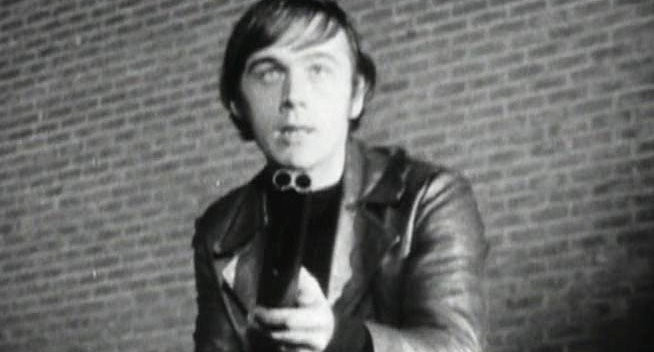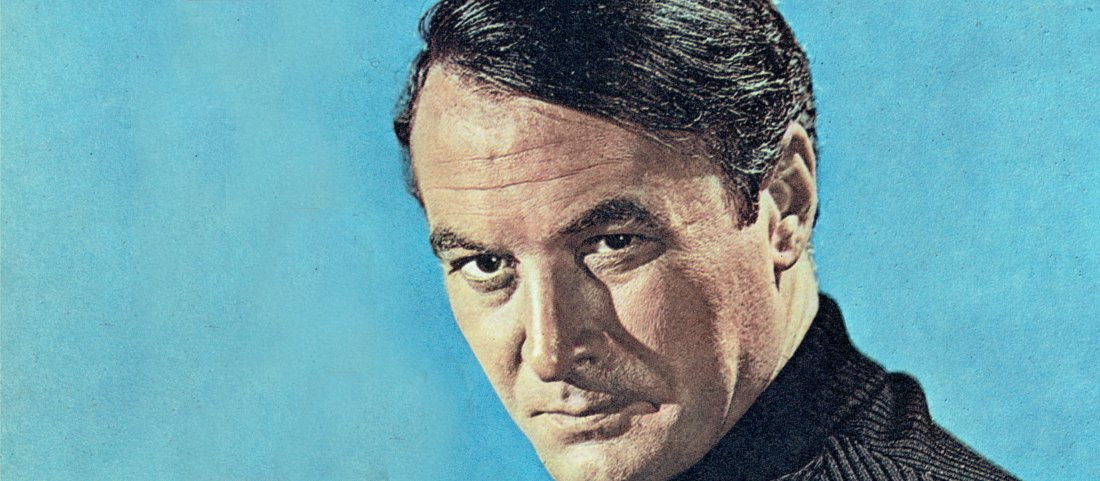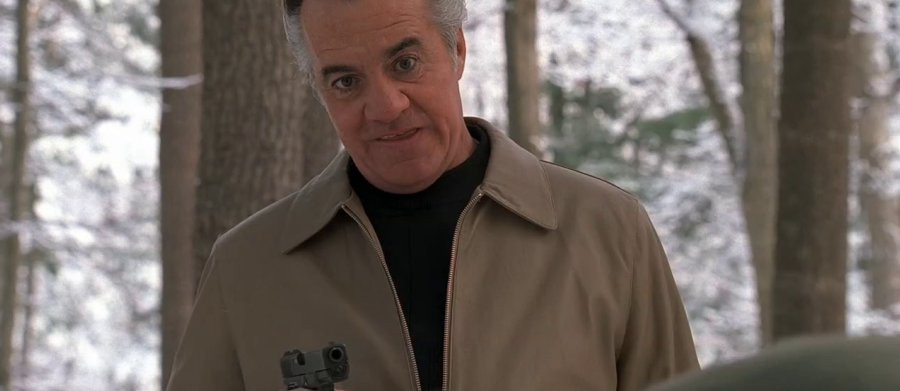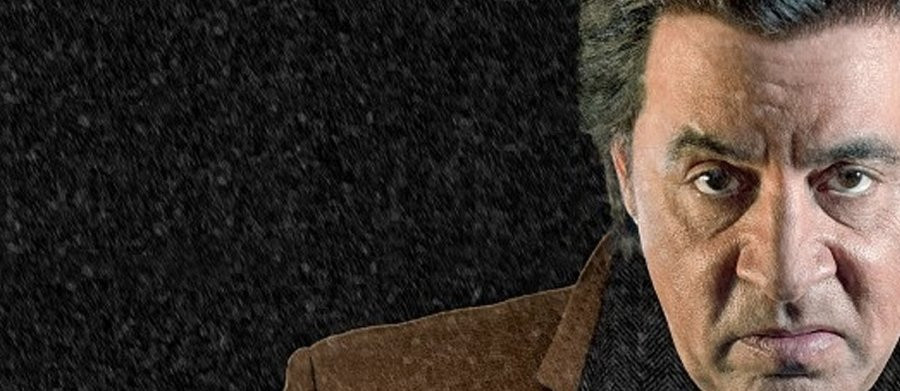
Lilyhammer
2012 - NorwayReview - JWR
It is to the great credit of the people who own the intellectual rights to The Sopranos that they have resisted the temptation to make a sequel or spin off, despite the obvious commercial pressure and the way that the finale famously, or infamously, left a lot of options open.
Tony Soprano himself is dead - accept it, people, that is what that final cut to black meant - and so, tragically, is his actor, James Gandolfini. Yet there were several other characters left in the end with the potential to carry their own shows. Top of the list was the popular Silvio Dante, Tony's loyal second-in-command, who finished the series in a coma after being shot. Characters in comas after being shot in The Sopranos tend to come out of them...
To a very great extent, Lilyhammer is 'The Further Adventures of Silvio Dante,' but with a different name and in a very different location. Frank Tagliano, aka Giovanni "Johnny" Henriksen, has a lot of similarities with Silvio, and both are played by the same actor, the musician Steven van Zandt. There are also enjoyable guest performances by Tony Sirico, the immortal Paulie "Walnuts" in The Sopranos, and Maureen van Zandt, the Lilyhammer star's wife in The Sopranos and in real life, also as different characters.

There is even a very heavy hint in a later episode that the whole show is nothing more than a dream, or perhaps one of those near death experiences to which 'Sopranos' characters were prone, in the deep unconscious mind of the still comatose Silvio Dante.
Yet, even if it is as close as we have got to a full 'Sopranos' spin off, Lilyhammer is ultimately nothing of the sort. Where The Sopranos was very much a violent drama with moments of dark comedy, Lilyhammer is its mirror opposite, a dark comedy with moments of violent drama.
More to the point, Lilyhammer is a largely Norwegian production set in Norway - and, partly but not only as a result, it is very, very odd.
Non-Scandinavians tend to have a stereotypical view of Scandinavians as serious people. Whether or not that is fair characterisation, there are degrees of seriousness within Scandinavia. The Swedes are the Scandinavians' Scandinavians, viewed by even by their Nordic neighbours as very serious indeed. By contrast, the Danes are viewed by their immediate neighbours as the party animals of Scandinavia. Norway was occupied by Sweden or Denmark for much of its history, so there is a tradition of Swedes and Danes looking down on Norwegians as a rather primitive, rustic folk who were a bit... well... odd.
Of course, that was before the Norwegians discovered oil and became the richest nation in the world, a fact never far from the surface in Lilyhammer. Even so, while no one can now call them primitive or rustic, the Norwegians retain, and seem to enjoy, the image of being odd - itself a good Norwegian word.
This oddness is manifest in a national sense of humour that is nothing like anywhere else in Scandinavia, or indeed the rest of the world. It is on display in wonderfully straight faced but still strangely amusing films like 'In Order of Disappearance' and 'Trollhunter.'The nearest analogy, even if it is far from perfect, is with how the sometimes slightly surreal Irish sense of humour is unique within the British Isles.
This national ability to play humour straight is exploited to the full in Lilyhammer. There are times when it seems more like a drama, sometimes a social drama, sometimes a crime drama, than a comedy, but that serves only to sharpen the humorous edge. It must also be said that there are moments of sudden violence of the type that were so effective in The Sopranos that seem out of place in what is usually a fairly gentle comedy. There is also no denying that Lilyhammer sometimes misjudges its tone, at least for non-Norwegian viewers, especially when familiar characters are killed off brutally.
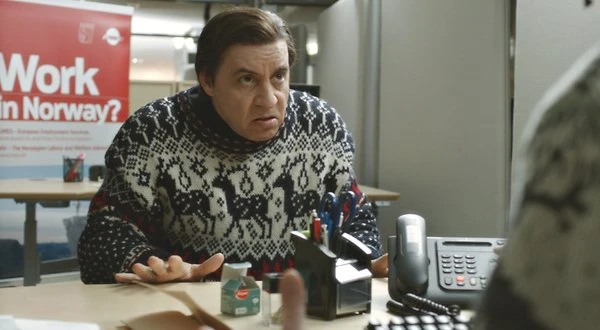
The basic plot has leading Mafioso Tagliano choose Lillehammer as the location for his new life in witness protection simply because he liked the look of it on television when it hosted the Winter Olympics. The fact that he misspells it as "Lilyhammer" shows his total ignorance of the reality of the place and its culture.
This is therefore the standard "fish out of water" format - except in this case, the fish is a Great White Shark who shows very little interest in adapting to his new environment.
Rather than trying to make a fresh start, "Johnny" finds himself in a series of situations in which he discovers that the skills and methods he developed in his previous life are extremely useful in his new one. Unused to dealing with a criminal of his sophistication, the polite and law-abiding Norwegians have no idea how to handle him. He encourages the rumour that he is a retired secret agent in hiding.

He has soon organised the aimless ne'er-do-wells and losers of the neighbourhood into something resembling an organised crime "family." His legitimate business and his illicit activities both flourish. The only serious threats come from his former criminal associates whom he betrayed when he went into witness protection, and, in the second season, some hardened British thugs, including Paul Kaye and Alan Ford.

The most significant aspect of all this is how he is seen as establishing his superiority over the local Norwegians very easily. Considering that the Scandinavians have a reputation for so-called "political correctness," much of the humour comes from how Norway's open immigration policy, its bureaucracy, and even "political correctness" itself are all satirised quite mercilessly.
The message seems to be that if you have an open door policy, the "New Norwegians" will include people like "Johnny" who will make no attempt to integrate and who will exploit the system ruthlessly to get whatever they want. This is, to put it mildly, a surprising line to come from a Netflix co-production with a European state owned broadcaster, NRK.
Despite that, the Norwegians themselves loved Lilyhammer. About a fifth of the whole population watched the opening episode.
However, that is still under a million people. Norwegian domestic ratings alone are not enough to cover the costs of a major international production with a very expensive American star. It may be that the star in question became even more expensive after he went back on the road again as a musician with his old mate, Bruce Springsteen - who, symbolically, turned up in the last episode as an undertaker.

The final nail in the coffin was Netflix dropping out. The oddness that appealed to the Norwegians did not find an international audience, or at least not one big enough to pay for the production. Although the Norwegians wanted to continue, and looked for new outside partners, there were none to be found.
That is a great pity. For all its oddness, or perhaps because of it, Lilyhammer had a unique charm to it. If the fact that it was not The Sopranos disappointed the target audience, it also attracted many others to a show that was genuinely quirky and fun on its own terms. Van Zandt showed he had the power to carry a series on his own, and the supporting cast showed that Norway had a talent pool disproportionate to its relatively small population.
In this regard, the Norwegians can hold their heads just as high as their Danish and Swedish neighbours. Indeed, Lilyhammer can perhaps be viewed as the typical Norwegian response to the whole ultra-serious "Nordic Noir" genre - and that response is to satirise it.
On those terms, Lilyhammer succeeded quite brilliantly in placing the Norwegians on the world television map, and exactly where they wanted to be - as a people you really have to love because they are so willing to laugh at themselves.
Seen this show? How do you rate it?
Seen this show? How do you rate it?
Published on January 19th, 2020. Written by Laurence Marcus for Television Heaven.




